David Cameron: I'll fix human rights 'mess'
- Published
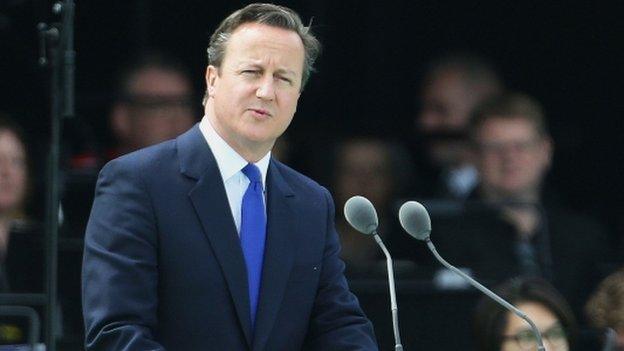
The PM said human rights reform would "safeguard the legacy" of Magna Carta
Prime minister David Cameron has vowed to put right the "complete mess" of Britain's human rights laws, on the 800th anniversary of Magna Carta.
He told the Sun he was committed to replacing Labour's 1998 Human Rights Act with a British bill of rights.
And in a speech at the celebrations of Magna Carta, he said it was time to restore the reputation of human rights, which had been "devalued" in Britain.
Labour said his plans would diminish people's human rights.
Magna Carta paved the way for the introduction of basic human rights and established that the King was subject to the law rather than being above it.
An event marking the 800th anniversary of its sealing by King John of England in 1215 is being attended by the Queen and the prime minister.
More than 4,500 guests have been invited to take part in the celebrations, at Runnymede, Surrey.
'Safeguard the legacy'
Addressing the crowd, Mr Cameron said the document "takes on further relevance today".
"For centuries, it has been quoted to help promote human rights and alleviate suffering all around the world.
"But here in Britain, ironically the place where those ideas were first set out, the good name of human rights has sometimes become distorted and devalued."
He said it had fallen to this generation to "restore the reputation" of those rights and their "critical underpinning" to the British legal system.
"It is our duty to safeguard the legacy, the idea, the momentous achievement of those barons. And there couldn't be a better time to reaffirm that commitment than on an anniversary like this," Mr Cameron added.

What was Magna Carta?
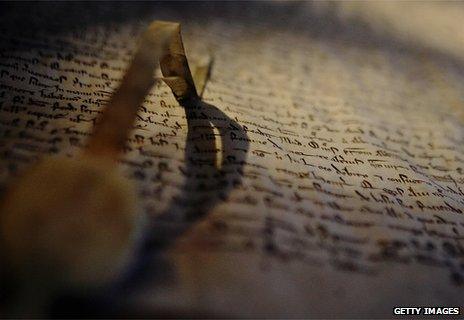
Magna Carta originated in 1215 as a peace treaty between King John and a group of rebellious barons
The original document was written in Latin on parchment made from animal skin
The name didn't emerge until the document's reissue in 1217. It became known as The Great Charter to differentiate it from the smaller Charter of the Forest issued at the same time

The Conservative government wants to replace the Human Rights Act, which enshrines in British law the European Convention on Human Rights, with a new British bill of rights.
It follows concerns about rulings by the European Court of Human Rights and their application to the UK.
A minority of Tories oppose the idea, as do the Labour Party and other opposition parties.
'Attack fundamental rights'
Mr Cameron told the Sun newspaper, external the current legislation, and some of the decisions taken by the Strasbourg court, had given human rights "a bad name".
He said he was frustrated that terrorists, criminals and prisoners could abuse the current rules.
But he pledged that a new bill would "restore common sense" to the British legal system by ensuring "the British Parliament is accountable to the British people and British judges make decisions in British courts".
Labour's shadow justice secretary Lord Falconer called on the government "immediately" to drop its plans to repeal the Human Rights Act.
He said: "David Cameron claims he is safeguarding the legacy of Magna Carta, but his own plans would scrap people's basic rights and threaten the UK's standing in the world.
"If the prime minister was serious about safeguarding the legacy of Magna Carta, he wouldn't be using its anniversary to attack fundamental rights."
- Published15 June 2015
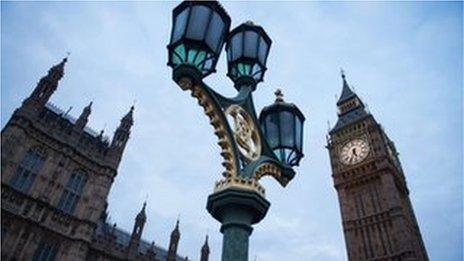
- Published27 May 2015
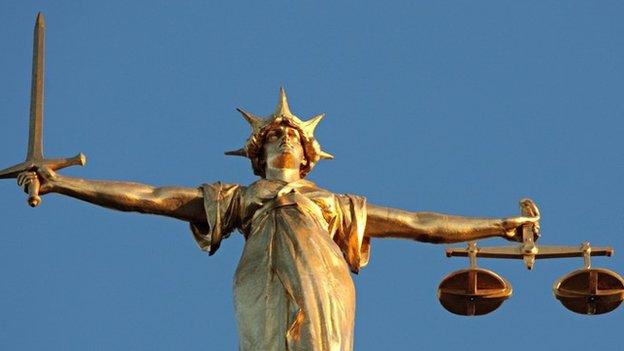
- Published15 June 2015
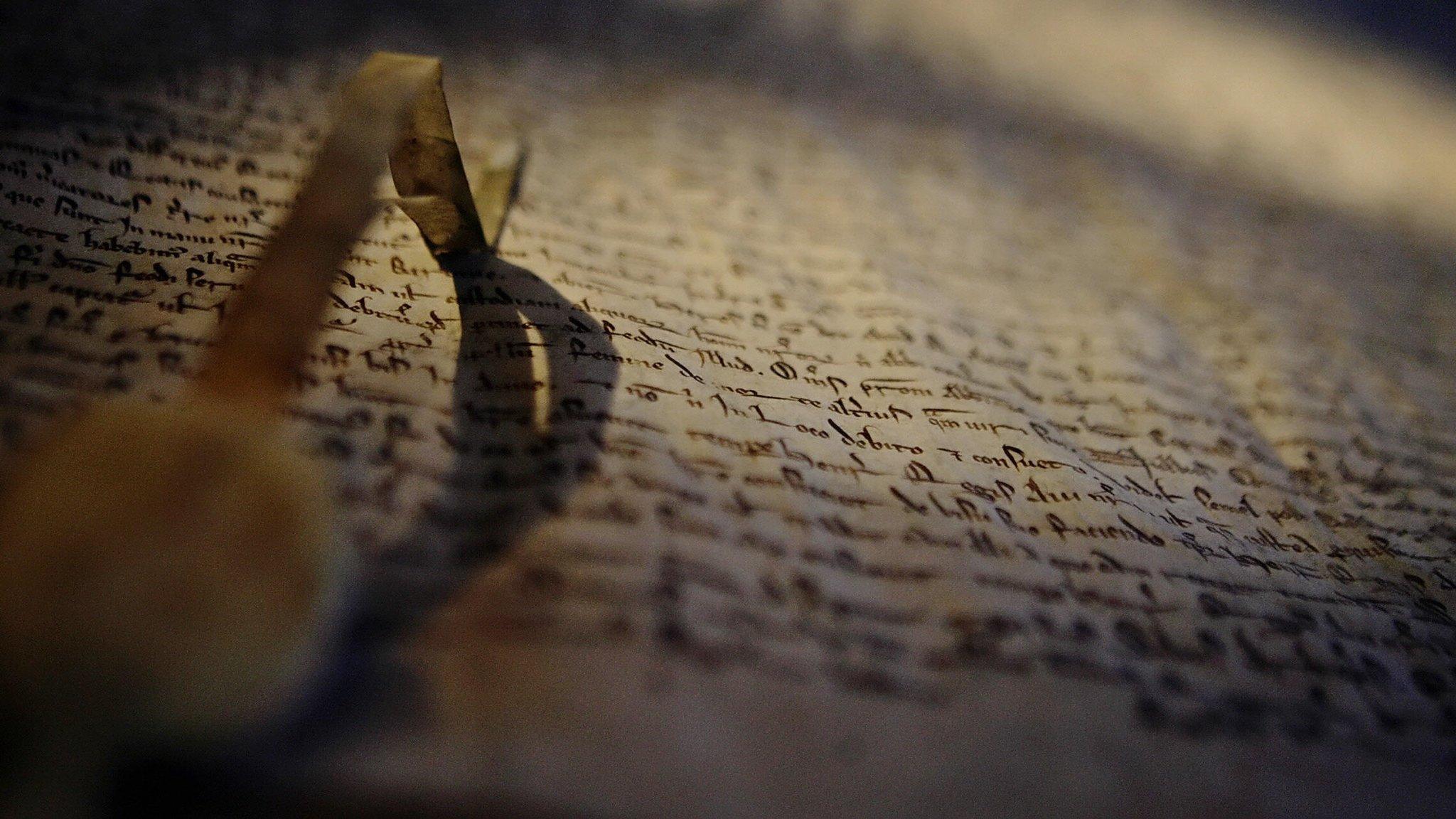
- Published15 June 2015
